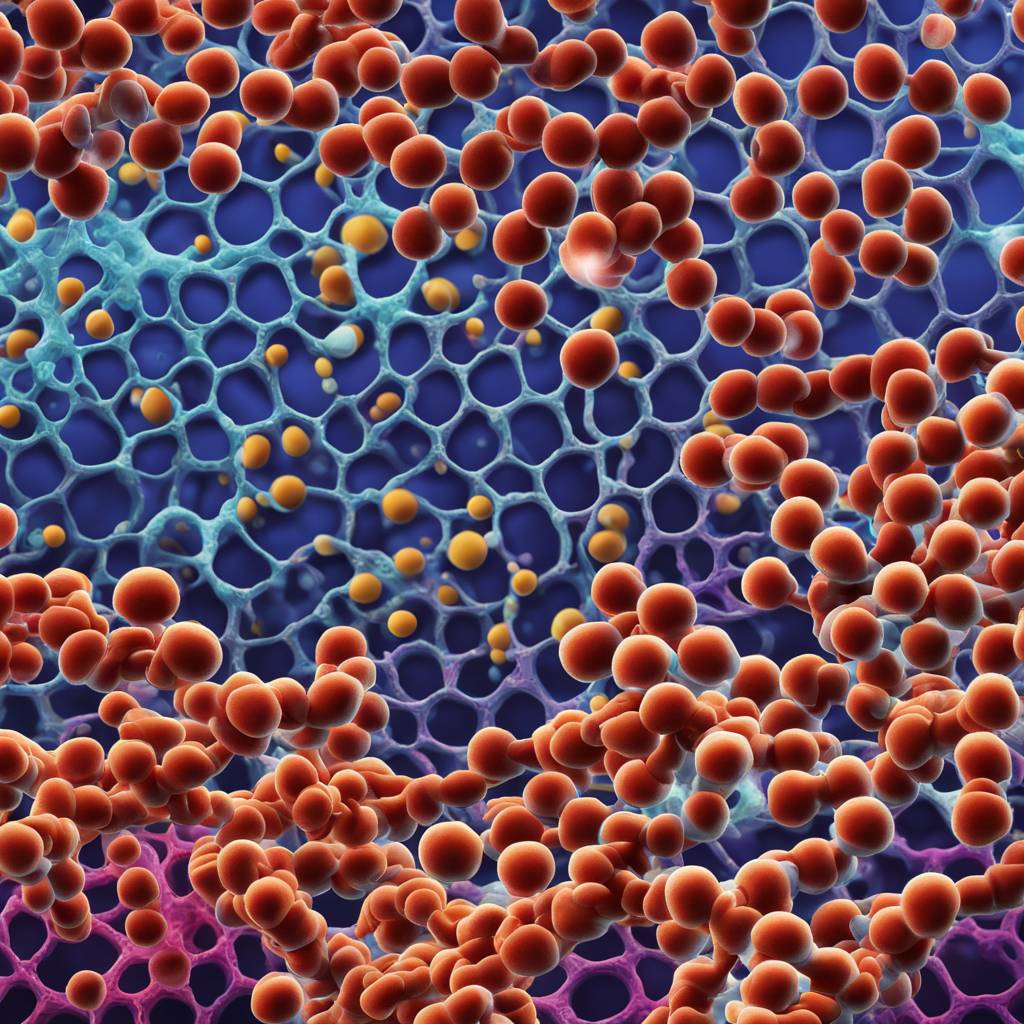Aging may be less about specific “aging genes” and more about the length of genes. Researchers have found that many of the changes associated with aging could be related to decreased expression of long genes. This decline in the expression of long genes has been observed in various animals and humans, as well as in individuals with neurodegenerative diseases. Experiments with mice have shown that this phenomenon can be mitigated through anti-aging factors, such as dietary restriction.
The authors of the opinion piece come from research groups in Spain, the Netherlands, Germany, and the United States. Despite using different methods, they all arrived at the same conclusion that aging is associated with changes at the molecular, cellular, and organ level. These changes are thought to be a result of DNA damage from exposure to harmful agents over time. While previous research in aging focused on specific genes, the susceptibility to aging seems to be linked to the length of genes rather than their specific function.
Long genes have a higher potential for damage due to their length, similar to how a longer road trip has a higher likelihood of something going wrong. Cells that express long genes more frequently are more likely to accumulate DNA damage as they age. Neural cells, which are known to express long genes and are slow or non-dividing, are particularly vulnerable to this phenomenon. The link between aging and neurodegeneration is highlighted, as many genes involved in preventing protein aggregation in Alzheimer’s disease are exceptionally long.
The researchers speculate that damage to long genes could explain most features of aging, as it is associated with known aging accelerants and can be mitigated with anti-aging therapies such as dietary restriction. Various factors such as different types of irradiation, smoking, alcohol, diet, and oxidative stress have been shown to affect this length-dependent regulation. Although the association between the decline in long-gene expression and aging is strong, causative evidence still needs to be demonstrated.
In future studies, the researchers plan to investigate the mechanism and evolutionary implications of this phenomenon further and explore its relationship with neurodegeneration. Understanding the role of long genes in aging could lead to new insights into the mechanisms of aging and potential interventions to slow down the aging process. By focusing on the length of genes rather than specific genes, researchers may uncover new strategies to address age-related diseases and improve overall health in aging populations.













